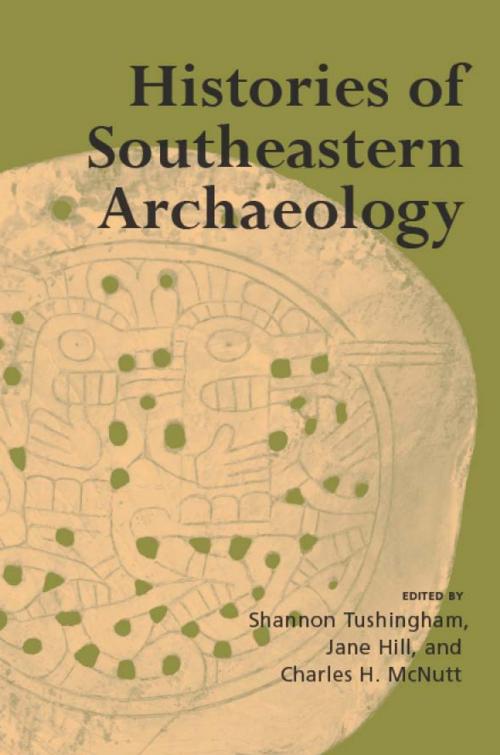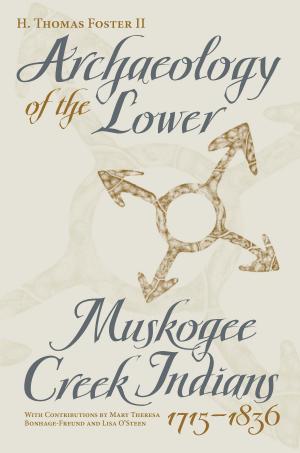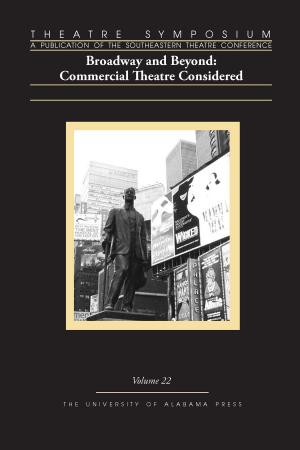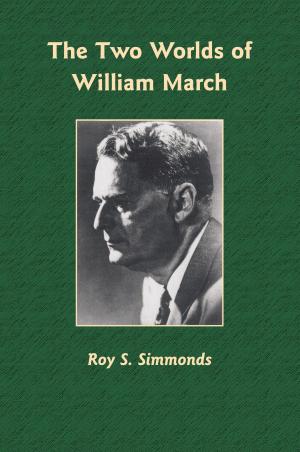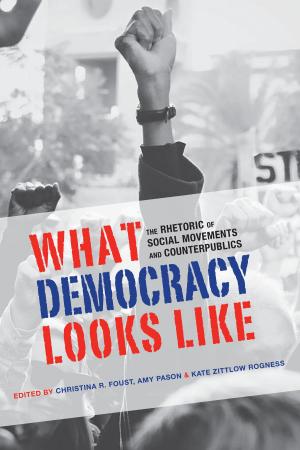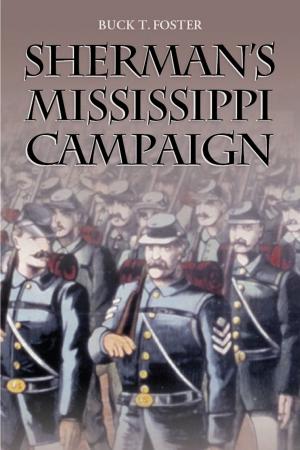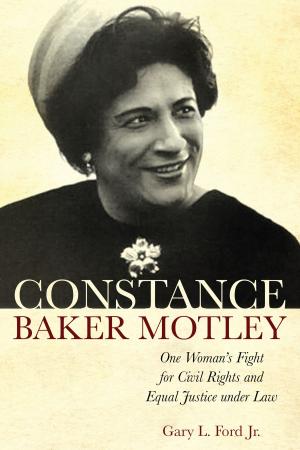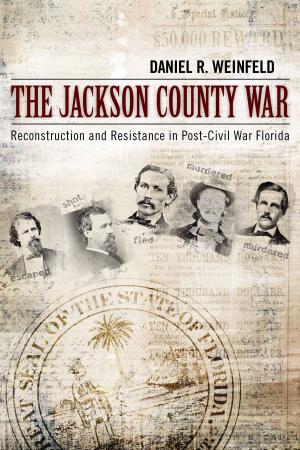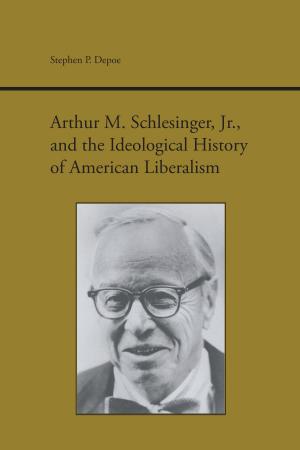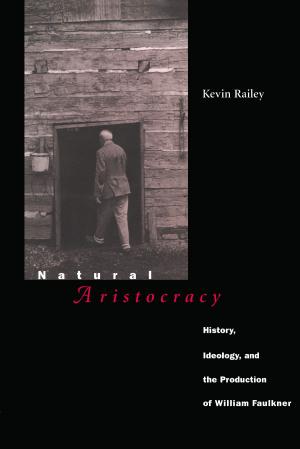Histories of Southeastern Archaeology
Nonfiction, History, Americas, United States, State & Local, Social & Cultural Studies, Social Science, Archaeology| Author: | David G. Anderson, Gregory A. Waselkov, Stephen Williams, Jon Muller, Jerald T. Milanich, John A. Walthall, Lewis Larson, Kenneth E. Sassaman, Jay K. Johnson, David S. Brose, Rudolf Berle Clay, Hester Davis, Kathleen Deagan, William G. Haag, Roger Saucier, Ann F. Ramenofsky, Bettye J. Broyles, Bennie C. Keel, Howard A. MacCord, Robert W. Newman, Stanley South, Charles H. Faulkner, George I. Quimby | ISBN: | 9780817313647 |
| Publisher: | University of Alabama Press | Publication: | May 11, 2010 |
| Imprint: | University Alabama Press | Language: | English |
| Author: | David G. Anderson, Gregory A. Waselkov, Stephen Williams, Jon Muller, Jerald T. Milanich, John A. Walthall, Lewis Larson, Kenneth E. Sassaman, Jay K. Johnson, David S. Brose, Rudolf Berle Clay, Hester Davis, Kathleen Deagan, William G. Haag, Roger Saucier, Ann F. Ramenofsky, Bettye J. Broyles, Bennie C. Keel, Howard A. MacCord, Robert W. Newman, Stanley South, Charles H. Faulkner, George I. Quimby |
| ISBN: | 9780817313647 |
| Publisher: | University of Alabama Press |
| Publication: | May 11, 2010 |
| Imprint: | University Alabama Press |
| Language: | English |
This volume provides a comprehensive, broad-based overview, including first-person accounts, of the development and conduct of archaeology in the Southeast over the past three decades.
Histories of Southeastern Archaeology originated as a symposium at the 1999 Southeastern Archaeological Conference (SEAC) organized in honor of the retirement of Charles H. McNutt following 30 years of teaching anthropology. Written for the most part by members of the first post-depression generation of southeastern archaeologists, this volume offers a window not only into the archaeological past of the United States but also into the hopes and despairs of archaeologists who worked to write that unrecorded history or to test scientific theories concerning culture.
The contributors take different approaches, each guided by experience, personality, and location, as well as by the legislation that shaped the practical conduct of archaeology in their area. Despite the state-by-state approach, there are certain common themes, such as the effect (or lack thereof) of changing theory in Americanist archaeology, the explosion of contract archaeology and its relationship to academic archaeology, goals achieved or not achieved, and the common ground of SEAC.
This book tells us how we learned what we now know about the Southeast's unwritten past. Of obvious interest to professionals and students of the field, this volume will also be sought after by historians, political scientists, amateurs, and anyone interested in the South.
Additional reviews:
"A unique publication that presents numerous historical, topical, and personal perspectives on the archaeological heritage of the Southeast."—Southeastern Archaeology
This volume provides a comprehensive, broad-based overview, including first-person accounts, of the development and conduct of archaeology in the Southeast over the past three decades.
Histories of Southeastern Archaeology originated as a symposium at the 1999 Southeastern Archaeological Conference (SEAC) organized in honor of the retirement of Charles H. McNutt following 30 years of teaching anthropology. Written for the most part by members of the first post-depression generation of southeastern archaeologists, this volume offers a window not only into the archaeological past of the United States but also into the hopes and despairs of archaeologists who worked to write that unrecorded history or to test scientific theories concerning culture.
The contributors take different approaches, each guided by experience, personality, and location, as well as by the legislation that shaped the practical conduct of archaeology in their area. Despite the state-by-state approach, there are certain common themes, such as the effect (or lack thereof) of changing theory in Americanist archaeology, the explosion of contract archaeology and its relationship to academic archaeology, goals achieved or not achieved, and the common ground of SEAC.
This book tells us how we learned what we now know about the Southeast's unwritten past. Of obvious interest to professionals and students of the field, this volume will also be sought after by historians, political scientists, amateurs, and anyone interested in the South.
Additional reviews:
"A unique publication that presents numerous historical, topical, and personal perspectives on the archaeological heritage of the Southeast."—Southeastern Archaeology
